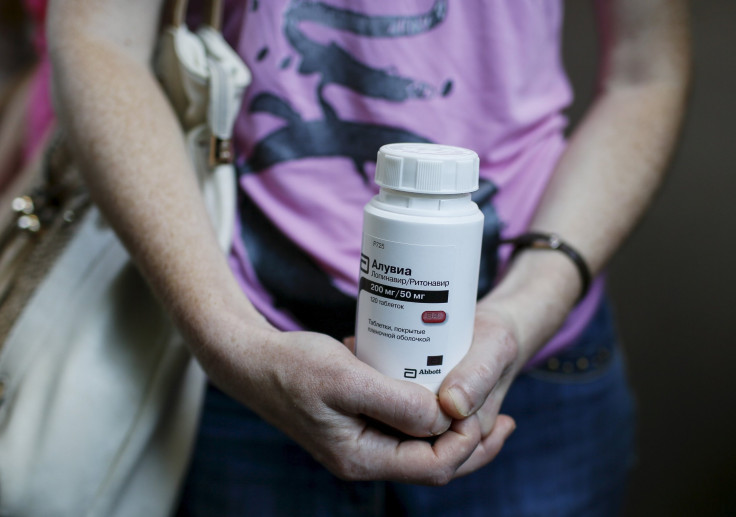Turing Pharmaceuticals CEO Martin Shkreli to lower price of Daraprim tablets following outrage

Turing Pharmaceuticals has finally resorted to lowering the price of Daraprim tablets, an essential drug used for an illness called toxoplasmosis caused by a parasite, after making headlines for hiking up their prices by 4,000 percent. The company had raised the prices of the drug from US$US18 (AU$25.30) to US$750 (AU$1060) per pill, which led consumers to protest vehemently and call for the banning of products by the company.
“We’ve agreed to lower the price on Daraprim to a point that is more affordable and is able to allow the company to make a profit, but a very small profit,” Martin Shkreli, the CEO of Turing Pharmaceuticals, told ABC News on Tuesday. “We think these changes will be welcomed.”
Daraprim is used to treat a food borne parasitic infection affecting people with weaker immune systems due to HIV/AIDS or cancer treatments.
Though Shkreli, 32, has not yet confirmed to what extent the company will lower the price of the drug, he assured that changes will be made within the next few weeks after proper evaluation.
"Yes it is absolutely a reaction -- there were mistakes made with respect to helping people understand why we took this action, I think that it makes sense to lower the price in response to the anger that was felt by people," the NBC News quoted him as saying.
Daraprim was previously owned by Impax Laboratories. Turing Pharmaceuticals purchased the rights in August for US$55 million (AU$78.23 million) and shortly after hiked its prices.
Shkreli said that the previous price of the drug would not have brought a profit to the company and such drugs would also cease to exist if small companies failed to make profit from them. He also said that the profits generated from the sale of Daraprim would go into improving treatments for toxoplasmosis.
"It's very easy to see a large drug price increase and say 'Gosh, those people must be gouging.' But when you find out that the company is not really making any money, what does that mean?" Shkreli said in a phone interview with NBC News Tuesday. "It's very hard stuff to understand."
Contact the writer at feedback@ibtimes.com.au, or let us know what you think below.





















